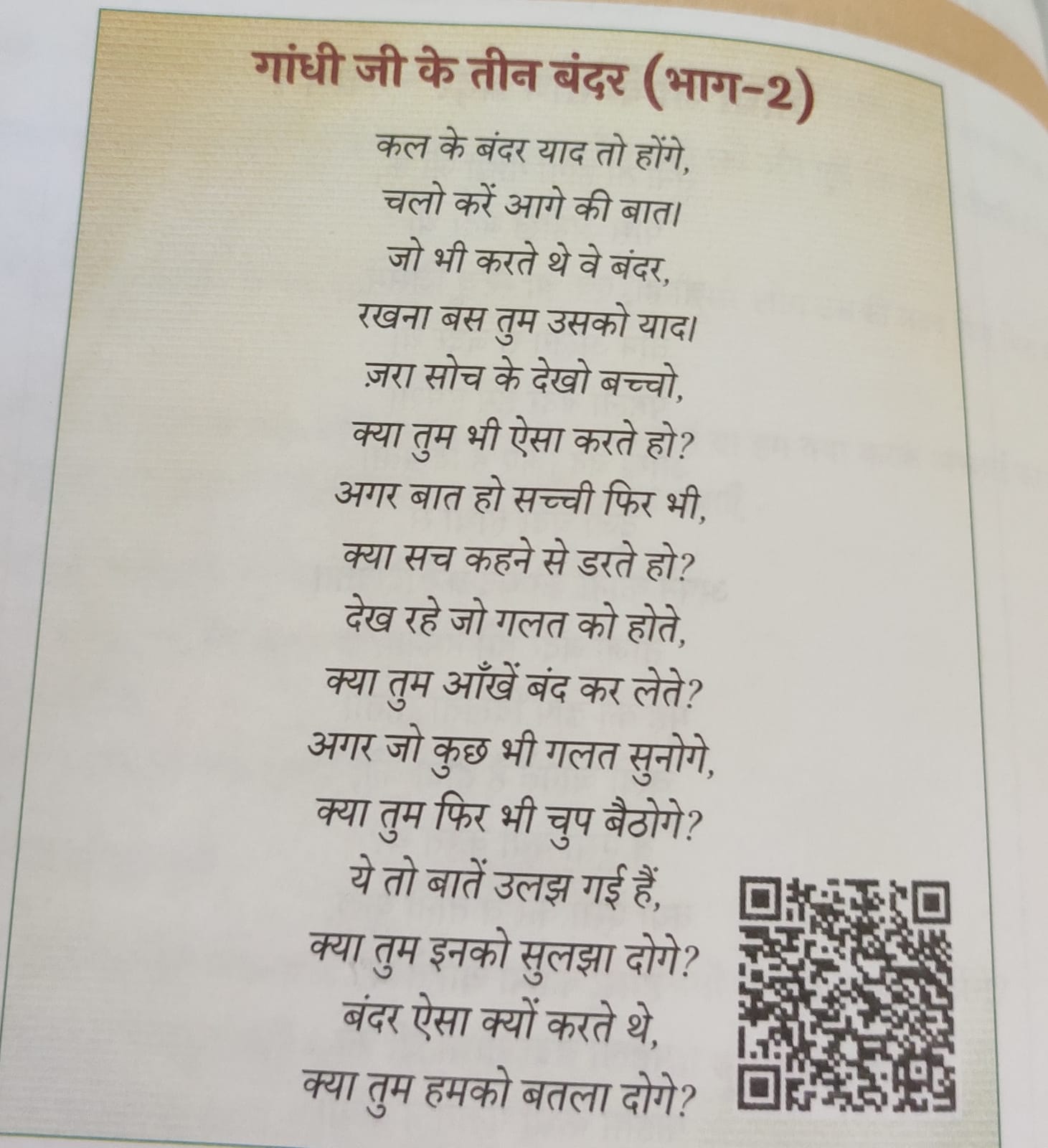Deshbhakti Curriculum: Fostering Critical Thought for India's Tomorrow
In recent weeks, I had the privilege of engaging with the Deshbhakti curriculum. Introduced in 2021 and currently implemented across all grades, this curriculum has garnered significant media attention. However, few have truly ventured deep to understand its essence. This article aims to shed light on the objectives, pedagogical methodologies, and potential outcomes the curriculum seeks to achieve.
This August 15th marked India's 77th Independence Day. A plethora of events took place nationwide, all with the singular objective of instilling a sense of national pride and remembering the sacrifices made by our forefathers to liberate India from colonial shackles. In the early decades post-independence, it was commonplace to find freedom fighters interspersed within our community. Their narratives of the freedom struggle were often relayed firsthand to the younger generation, ensuring that the spirit of the struggle remained vibrant.
Now, as we venture further into this decade, the presence of these freedom fighters in our government and society is rapidly diminishing. When they were active and visible, there was no perceived need for a Deshbhakti curriculum. However, their dwindling numbers emphasise the importance of other mediums—stories, films, books, and curricula—to ensure that future generations understand and appreciate their sacrifices and principles.
Globally, school education aims to achieve three primary objectives: preparation for higher education, readiness for the job market, and fostering citizenship. Instilling a sense of citizenship is not an overnight endeavour but rather a sustained effort crucial to any nation's growth. A citizen's understanding of their role is pivotal to the success of a democracy. The 14-year-long curriculum introduced by the Delhi government endeavours to mould citizens who not only respect their nation but also uphold the tenets of its constitution, challenge inequalities, and combat discrimination.
At the heart of the Deshbhakti curriculum's pedagogy is a focus on dialogue and critical thinking rather than prescriptive learning. It draws from critical inquiry in education, allowing students to challenge established norms. Take, for instance, a poem from the textbook which encourages students to question the age-old adage illustrated by Gandhiji's three monkeys: "See no evil, hear no evil, speak no evil." Contrary to this, the poem asks students if they would turn a blind eye to wrongdoing or remain silent upon hearing something amiss. It prompts them to contemplate their own fears and challenges them to speak the truth.

This innovative approach to the Desh Bhakti curriculum is revolutionary in its own right. By inspiring young minds to engage with such pertinent questions, we pave the way for meaningful change. After all, the right questions are often the starting point for profound transformations.
While traditional education systems often rely on rote learning and the regurgitation of facts, the Desh Bhakti curriculum is a testament to the changing times. It recognizes that for students to be truly prepared for the challenges of the modern world, they need to be not only informed but also analytical, empathetic, and proactive.
A key strength of the curriculum lies in its flexibility and adaptability. It doesn’t merely convey a static set of ideals or historical narratives. Instead, it acts as a catalyst, encouraging students to engage with the broader societal issues that influence national pride and identity. The curriculum emphasises the importance of dialogue, not just between teachers and students but also amongst the students themselves. It also encourages students to engage with the community. Such interactions can foster a deeper understanding and appreciation of diverse perspectives, a crucial element in a nation as vast and varied as India.
In conclusion, the Deshbhakti curriculum, with its innovative approach and emphasis on critical thinking, is not just a nod to the past but a bridge to the future. By arming the next generation with the tools to question, reflect, and act, we're ensuring that the spirit of 'Deshbhakti' or national pride, transcends beyond mere sentiment and becomes a guiding principle for a brighter, more inclusive India.
- Log in to post comments
